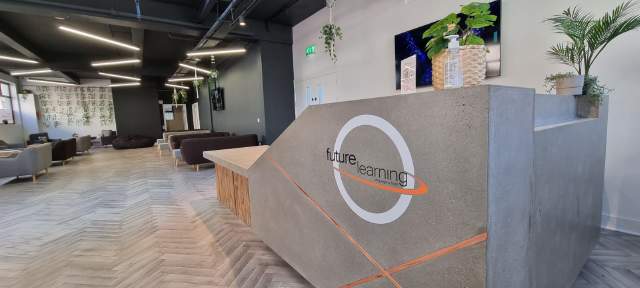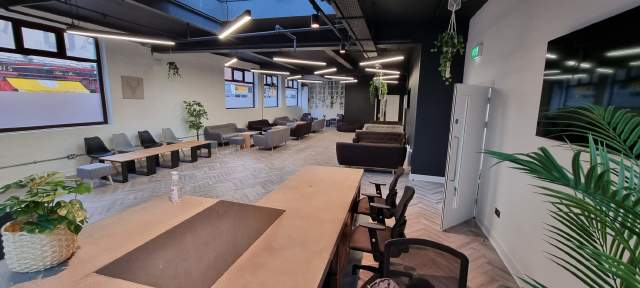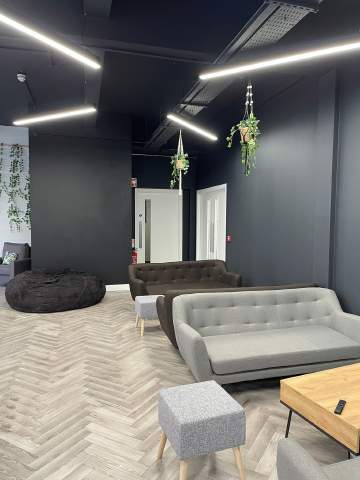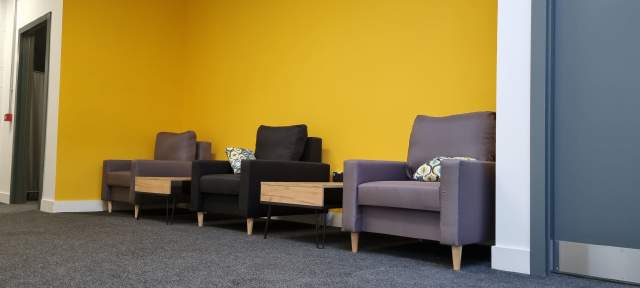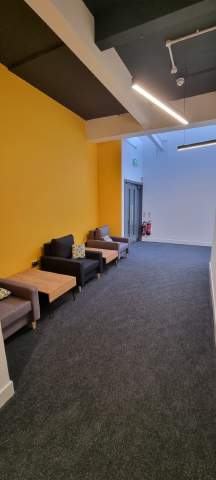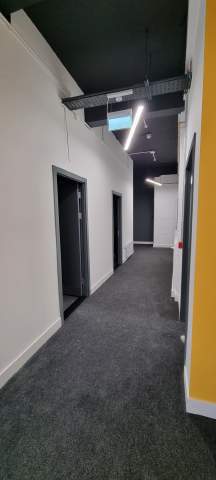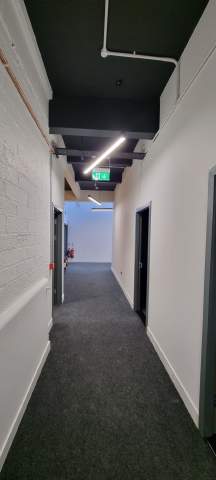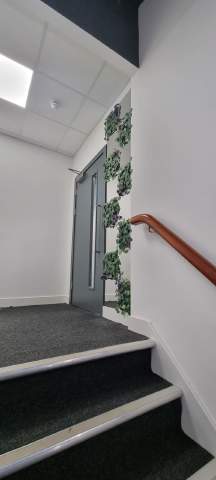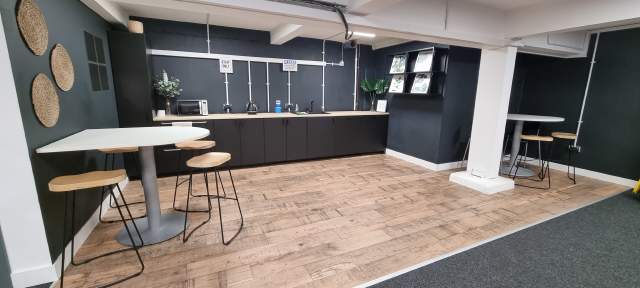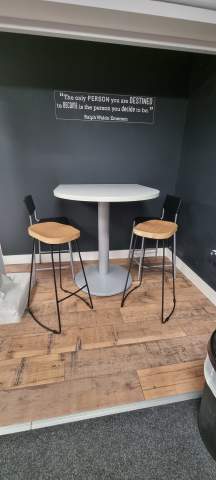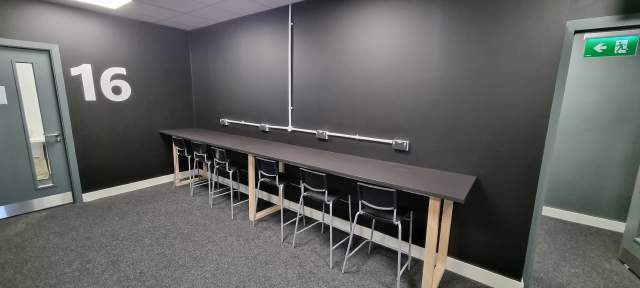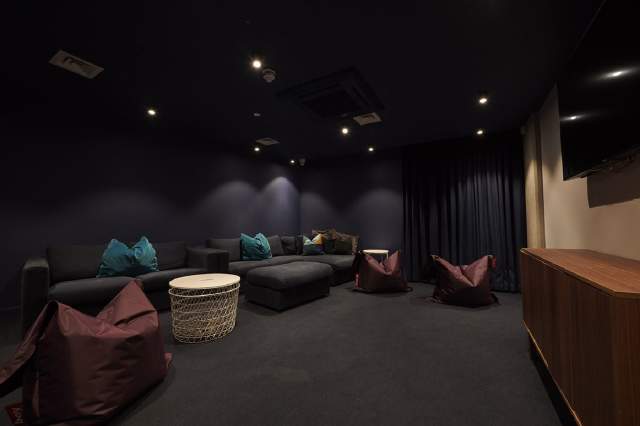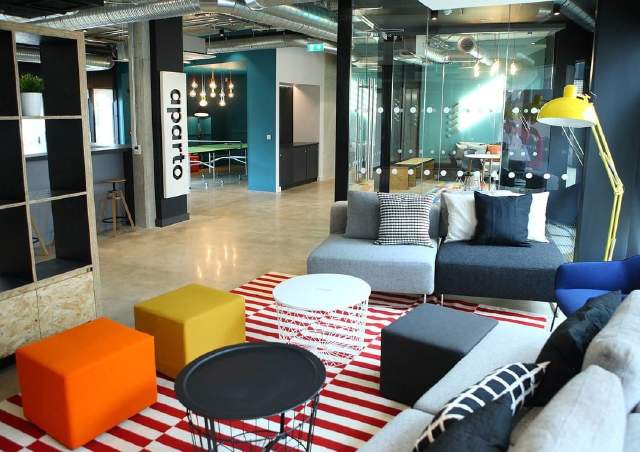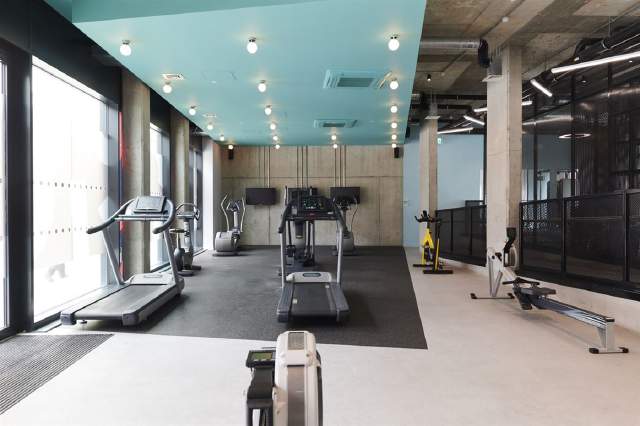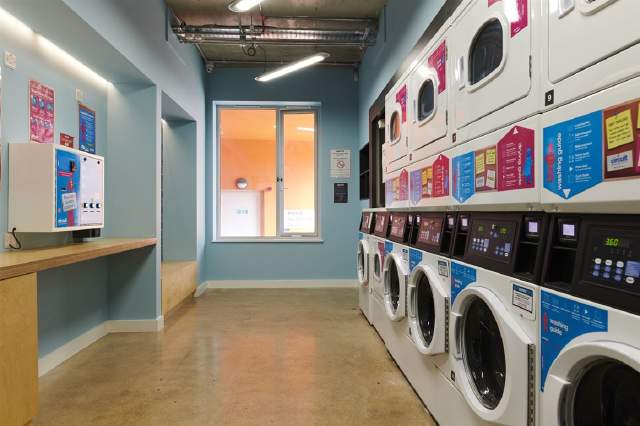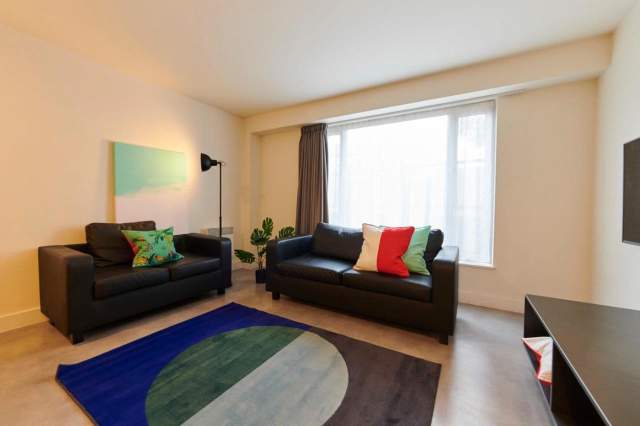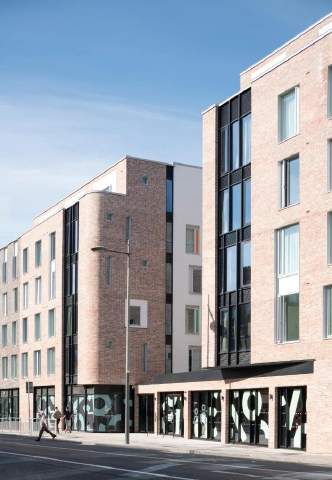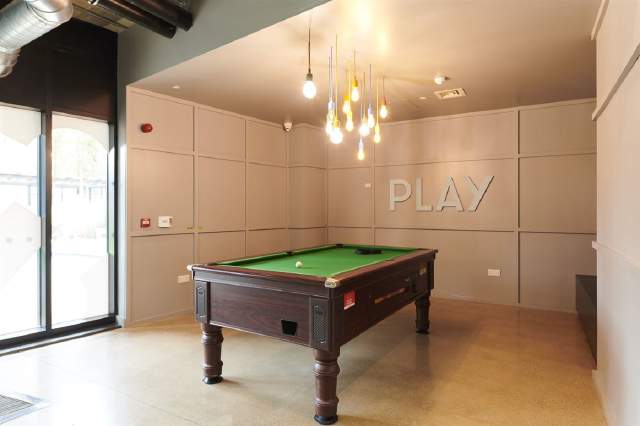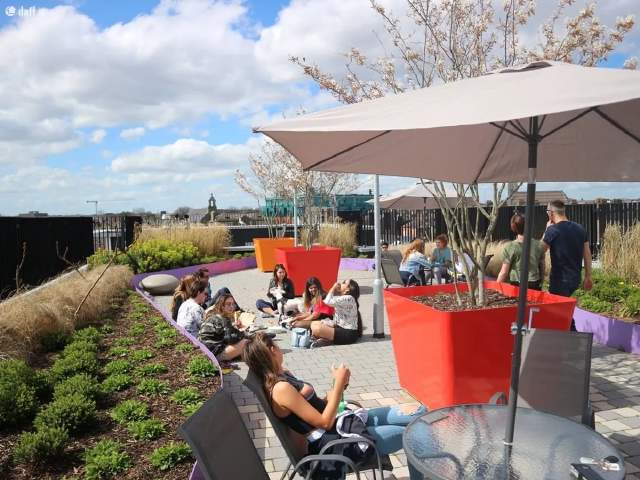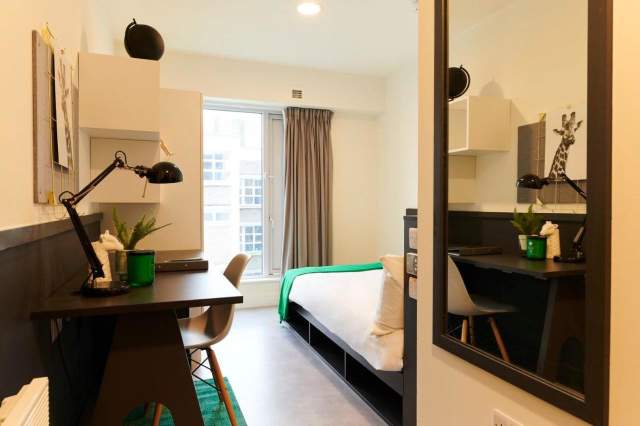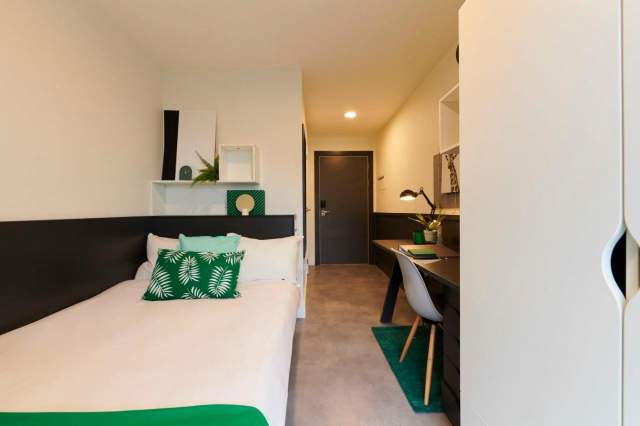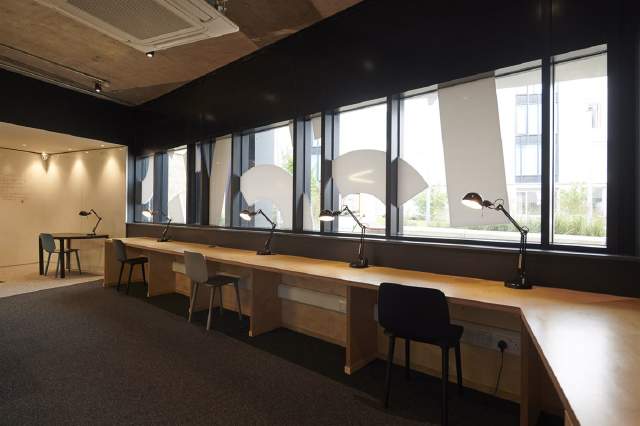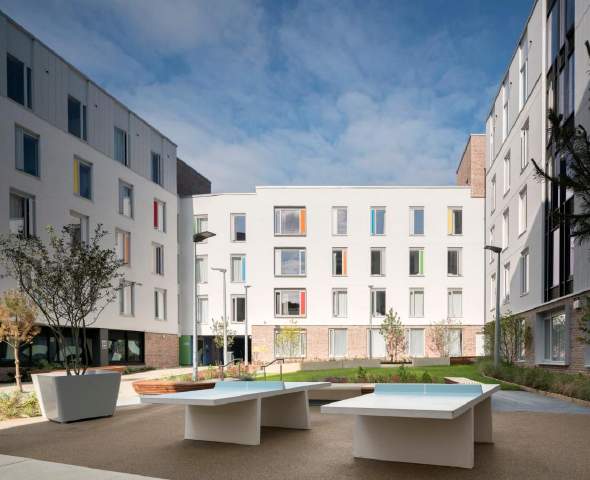-

Future Learning Dublin City Centre
1/41
-
![]()
Future Learning Dublin City Centre
2/41
-
![]()
Future Learning Dublin City Centre
3/41
-
![]()
Future Learning Dublin City Centre
4/41
-
![]()
Future Learning Dublin City Centre
5/41
-
![]()
Future Learning Dublin City Centre
6/41
-
![]()
Future Learning Dublin City Centre
7/41
-
![]()
Future Learning Dublin City Centre
8/41
-
![]()
Future Learning Dublin City Centre
9/41
-
![]()
Future Learning Dublin City Centre
10/41
-
![]()
Future Learning Dublin City Centre
11/41
-
![]()
Future Learning Dublin City Centre
12/41
-
![]()
Future Learning Dublin City Centre
13/41
-
![]()
Future Learning Dublin City Centre
14/41
-
![]()
Future Learning Dublin City Centre大楼
15/41
-
![]()
Future Learning Dublin City Centre提供的学生住宿
16/41
-
![]()
Future Learning Dublin City Centre提供的学生住宿
17/41
-
![]()
Future Learning Dublin City Centre提供的学生住宿
18/41
-
![]()
Future Learning Dublin City Centre提供的学生住宿
19/41
-
![]()
Future Learning Dublin City Centre提供的学生住宿
20/41
-
![]()
Future Learning Dublin City Centre提供的学生住宿
21/41
-
![]()
Future Learning Dublin City Centre提供的学生住宿
22/41
-
![]()
Future Learning Dublin City Centre提供的学生住宿
23/41
-
![]()
Future Learning Dublin City Centre提供的学生住宿
24/41
-
![]()
Future Learning Dublin City Centre提供的学生住宿
25/41
-
![]()
Future Learning Dublin City Centre提供的学生住宿
26/41
-
![]()
Future Learning Dublin City Centre提供的学生住宿
27/41
-
![]()
Future Learning Dublin City Centre提供的学生住宿
28/41
-
![]()
Future Learning Dublin City Centre
29/41
-
![]()
Future Learning Dublin City Centre
30/41
-
![]()
Future Learning Dublin City Centre
31/41
-
![]()
Future Learning Dublin City Centre
32/41
-
![]()
Future Learning Dublin City Centre
33/41
-
![]()
Future Learning Dublin City Centre
34/41
-
![]()
Future Learning Dublin City Centre
35/41
-
![]()
Future Learning Dublin City Centre
36/41
-
![]()
Future Learning Dublin City Centre
37/41
-
![]()
Future Learning Dublin City Centre
38/41
-
![]()
Future Learning Dublin City Centre
39/41
-
![]()
Future Learning Dublin City Centre
40/41
-
![]()
Future Learning Dublin City Centre
41/41












